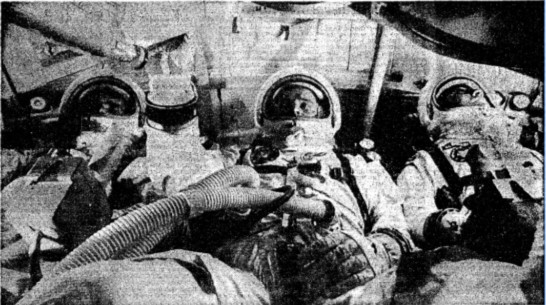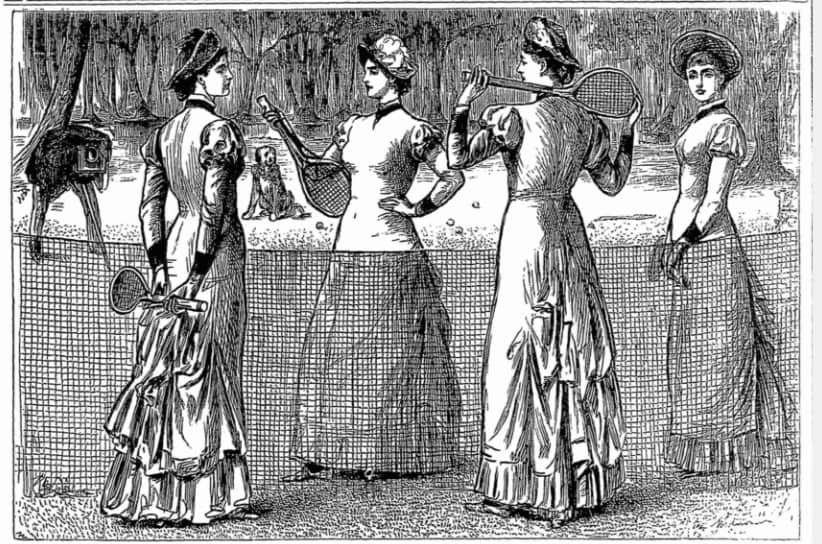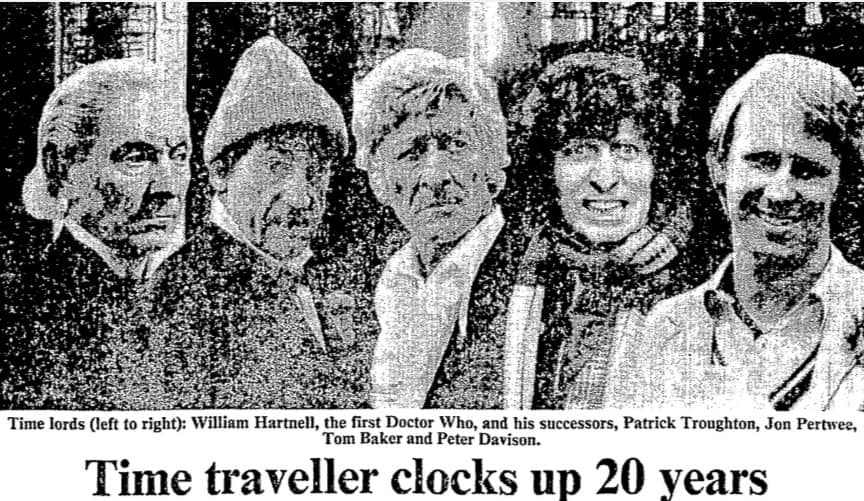│ By Harry Walker, Gale Ambassador at the University of Birmingham │
Today the Rugby World Cup comes to a close, and it’s fair to say it’s been a somewhat turbulent journey. Controversial refereeing decisions, shock defeats, unlikely Japanese heroes, the smell of lager at nine in the morning and, of course, that devastating typhoon. Within this thrilling pandemonium, a constant has been the high standard of rugby that always seems to justify that 3pm hangover. Off the pitch, a less noticeable but equally heroic constant has been the dignity with which ITV pundit Gareth Thomas has conducted himself, despite his shock revelation prior to the tournament.










